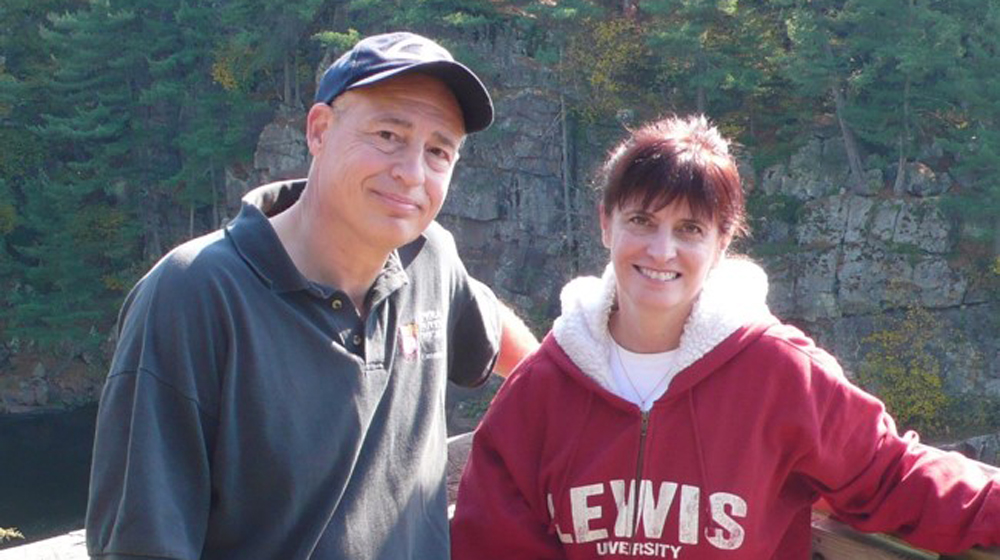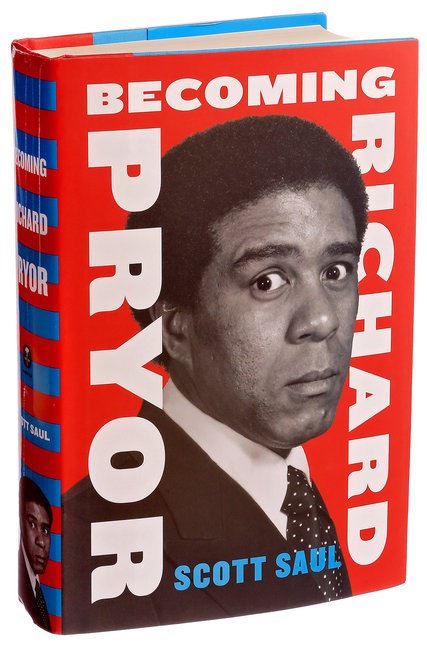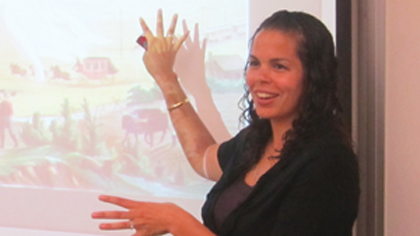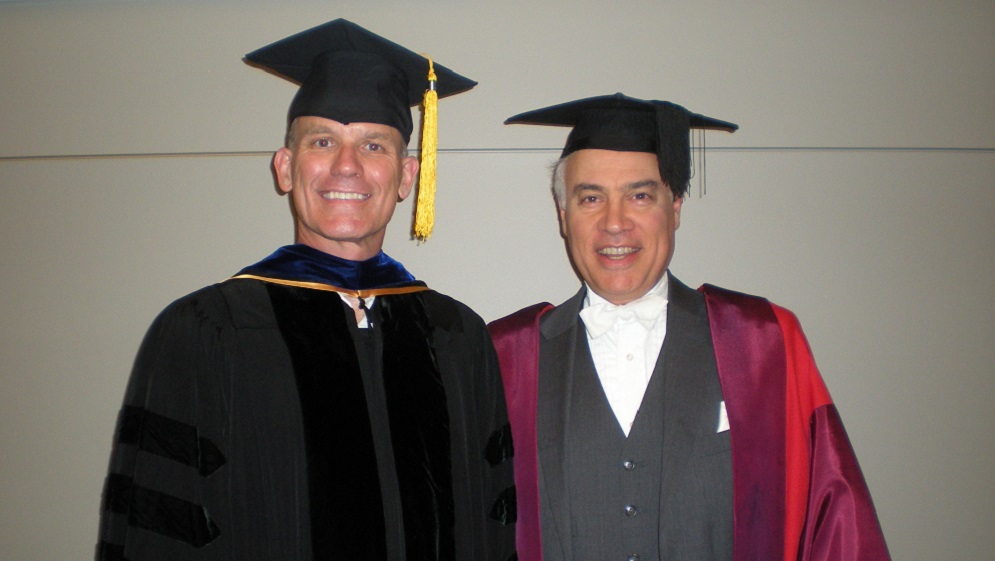archive

"Civil War Chicago: Eyewitness to History" on October 20th
Professor of History Theodore J. Karamanski, PhD and Loyola alumna Eileen M. McMahon, PhD, will discuss their new book on the Civil War’s transformative role in Chicago's development.

Richard Pryor Biographer to Speak at Loyola
Scott Saul, the author of Becoming Richard Pryor, will give a public lecture on the comedian entitled "Living with Richard Pryor: A Biographer's Tale" on Friday, April 24 at 3 PM.
Timothy Gilfoyle on "The Changing Forms of History"
Should history be a book discipline? What constitutes "acceptable scholarship" in history? Professor Timothy Gilfoyle considers the rich and diverse forms that historical scholarship take from books, digital media, and public history projects in his article "The Changing Forms of History" in April's edition of Perspectives on History, the AHA newsmagazine.

"The Rise of the Nation-Saint" on November 5th
Prof. Kathleen Sprows Cummings, University of Notre Dame, discusses a pre-circulated paper on the efforts of U.S. Catholics to secure their first canonized saint for the third meeting of the 2015-2016 Ramonat Seminar Series.

Voices of Chicago Women Activists
Celebrate Women's History Month with the Women & Leadership Archives and the Chicago Area Women's History Council. Come hear multimedia excerpts of oral histories by Columbia College honors students featuring Chicago women activists and leaders. The event will be held on Sunday, March 16th from 2:00pm-5:00pm on the 1st floor of Piper Hall.

What was Chrysler Village and how did it get its name?
Public History graduate students know and shared their work on a historic nomination for the neighborhood with Ask Geoffrey on WTTW the other night.
LEARN MORE
Closing the Gap
Sarah Doherty (PhD '12) reflects on the importance of the Preparing Future Faculty Program in equipping her, and other minority doctoral students, with the skills necessary for a career in academia.
LEARN MOREProfessor Dennis wins the Provost's Award for Excellence in Teaching Freshmen

Dr. David Dennis, left, with department chair Dr. Robert Bucholz
We are pleased to congratulate Professor David Dennis on winning the Provost's Award for Excellence in Teaching Freshmen for the year 2015. According to the Faculty Center for Ignatian Pedagogy, the Provost's Award "recognizes faculty who build community with first-year students by teaching 100-level freshmen classes. Exemplary faculty foster cura personalis (care of the whole person) in new students by providing necessary support and challenging them to become fully integrated into the Loyola community."
Dr. Dennis teaches Western Civilization, and as he explains, "my goal is ever to introduce the Humanities as a record of personal responses to historical conditions, that my students might derive some of the same inspiration from it as I have. It is for this reason that my coverage includes a strong biographical element. By telling stories of the lives of Mozart, Beethoven, Baudelaire, Rimbaud, Van Gogh, Toulouse-Lautrec, I try to remind my classes that the 'canon' was produced by real people–many of whom 'broke through' in their fields at the very same age as our first-year students! Above all, I want to show that each of them can enliven their own existence by appreciating the spirit and courage of these young individuals who mastered techniques of their chosen field in order to communicate ideas about their personal, social, political, and spiritual experiences."
Congratulations, Dr. Dennis!
